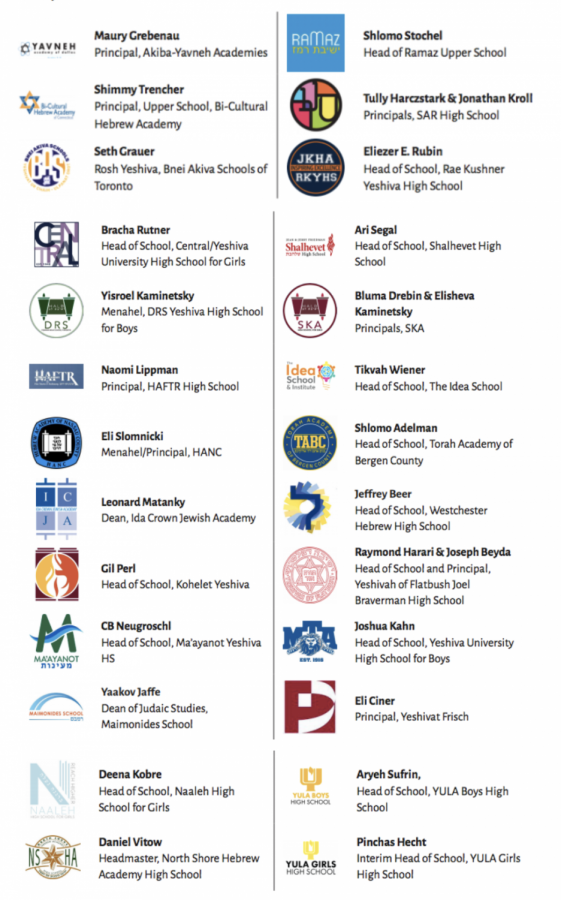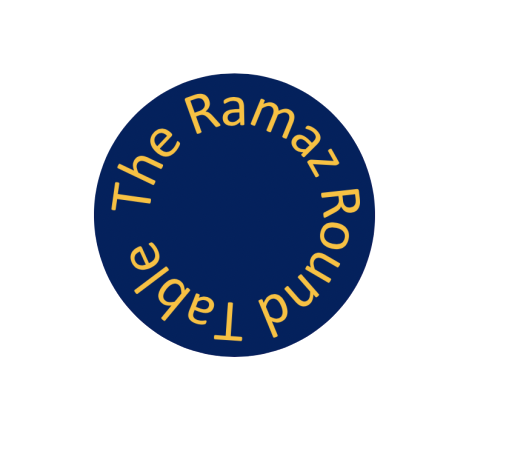Jewish Day Schools’ Email Urging for Social Distancing
Administrators of many yeshivas joined forces to write an email about the importance of social distancing during the holidays. The email addresses whether students can gather with friends and family for the holidays, or if they should to refrain from seeing others. Most teenagers crave social gatherings, and most likely feel torn between their desires and conscience.
The email was written with the hope that schools will remain open. In-person classes are vibrant and have a sense of camaraderie that cannot be emulated on zoom. In my opinion, the intent of the email is positive; the administrators wish everyone health and hope their schools can safely open.
The message continues by forbidding students to participate in certain social gatherings. The inherent issue with the statements forbidding students to have social events is that they harbor a sense of distrust in the student body. It is difficult for a student to be mature and careful about Covid, when their school does not trust nor expect them to be careful.
“Parents must provide constant supervision” when students social distance outdoors with masks. Emphasizing that parents must supervise teenagers demonstrates that teenagers are unreliable and should be treated like young children. Anyhow, I feel parent supervision of high school students is unrealistic. The administrator’s message would resonate more with me if they stressed that if an individual is not careful, they can jeopardize the whole school opening because no student wants to be responsible for their school closing.
I find that the statements in the email do not account for different situations where students might be gathering in safe ways. The administrators stressed that “students may not host friends for sleepovers”. Maybe a student is planning a Covid-frendly sleepover, in which all the guests quarantined for two weeks beforehand and are getting tested before they come.
The administrators only named one holiday, Simchat Torah, where students should not see friends. Simchat Torah is notorious for its parties. Gathering with friends on any holiday is detrimental to the spread of Covid but the administrators wanted to specifically name Simchat Torah to prevent parties.
The administrators’ intent in writing an email together was to give the impression of urgency and importance. When an administrator writes an email to the parents and students of their own school, the message is personal and genuine. Many administrators sending a message together makes the message more insincere. How is a member of a community supposed to know if their administrator felt strongly about all aspects of the email or if their administrator had to compromise? Although there are flaws in the administrators’ email, the administrators are trying their best to lessen the severity of the virus within their communities and keep school open.





